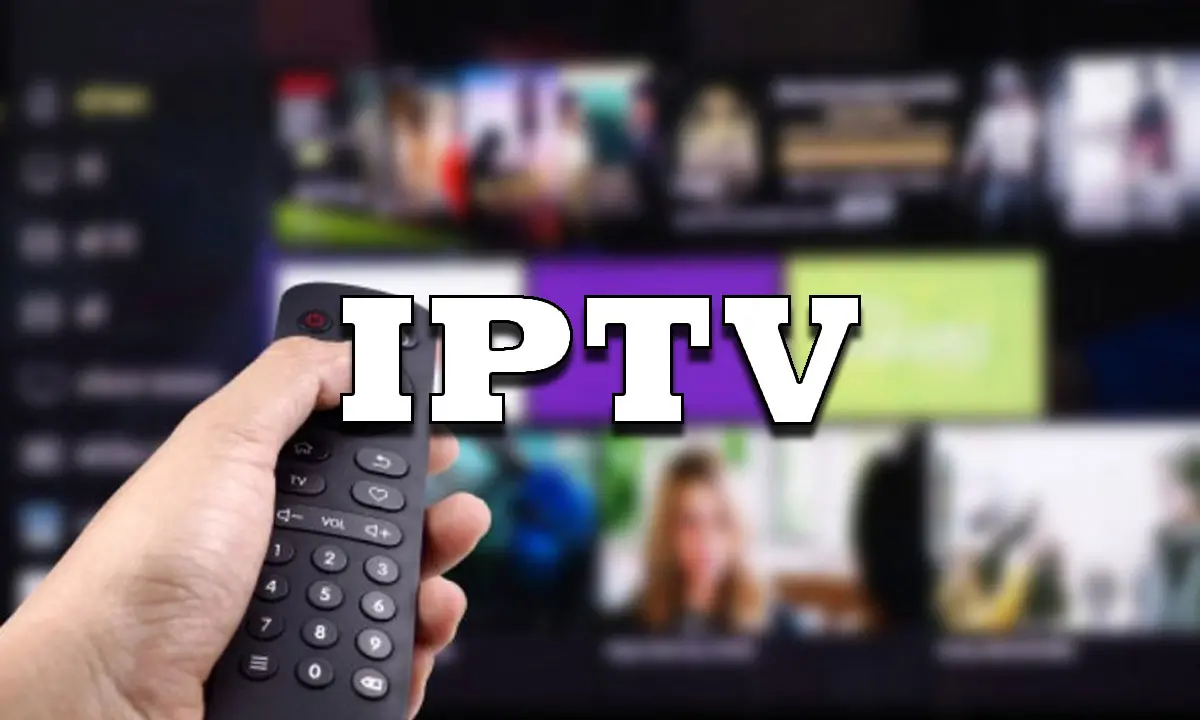In the ever-evolving world of television and media consumption, Internet Protocol Television (IPTV) has emerged as a revolutionary force. Unlike traditional broadcasting methods like satellite or cable TV, IPTV uses the internet to deliver television content, offering viewers a more flexible, customizable, and interactive experience. This article delves into the rise of abonnement iptv, its benefits, and its impact on the future of television.
What is IPTV?
IPTV stands for Internet Protocol Television. It refers to the delivery of television content over the internet rather than through traditional terrestrial, satellite, or cable formats. IPTV works by converting television signals into data packets that are transmitted over the internet, allowing viewers to access content on various devices such as smart TVs, computers, tablets, and smartphones.
The Evolution of IPTV
The concept of IPTV has been around since the late 1990s, but it wasn’t until the 2000s that it began to gain traction. Advances in broadband technology and increased internet speeds made it feasible to stream high-quality video content over the web. Early adopters included tech-savvy individuals and niche markets, but as technology improved and the demand for on-demand content grew, IPTV began to enter the mainstream.
Advantages of IPTV
- Flexibility and Convenience: IPTV allows viewers to watch their favorite shows and movies on-demand. With the rise of subscription-based services like Netflix, Hulu, and Amazon Prime Video, viewers can binge-watch entire seasons of shows at their own pace. IPTV also supports live streaming, so users can watch live broadcasts of news, sports, and other events.
- Customization: IPTV services often offer personalized viewing experiences. Users can create custom playlists, set reminders for upcoming shows, and receive recommendations based on their viewing history. This level of personalization enhances user satisfaction and engagement.
- Cost-Effectiveness: Compared to traditional cable or satellite TV, IPTV can be more affordable. Many IPTV providers offer tiered subscription plans, allowing users to choose packages that fit their needs and budget. Additionally, IPTV eliminates the need for expensive equipment and installation fees.
- Interactive Features: IPTV often includes interactive features such as video on demand (VOD), catch-up TV, and interactive advertising. These features provide a more engaging and immersive viewing experience, allowing users to interact with content in ways that traditional TV cannot.
- Global Accessibility: IPTV can be accessed from anywhere with an internet connection, making it possible for users to enjoy their favorite shows and movies while traveling or living abroad. This global accessibility broadens the reach of content and provides a more inclusive viewing experience.
The Impact on Traditional TV
The rise of IPTV has had a significant impact on traditional television networks and cable providers. Many viewers are cutting the cord, opting for IPTV and streaming services instead of traditional cable packages. This shift has forced traditional TV providers to adapt, leading to increased competition and innovation in the industry.
Traditional networks are now launching their own streaming platforms and on-demand services to retain viewers. Additionally, many cable companies are offering IPTV-based packages as a way to compete with digital-only providers.
Challenges and Future Trends
While IPTV offers numerous benefits, it also faces some challenges. Issues such as internet bandwidth limitations, potential buffering problems, and the need for robust cybersecurity measures are areas of concern. Additionally, the fragmented nature of the IPTV market, with numerous providers and platforms, can be confusing for consumers.
Looking ahead, the future of IPTV seems promising. As technology continues to advance, we can expect even higher quality video streams, more interactive features, and greater integration with other digital services. The rise of 5G technology will also enhance IPTV by providing faster and more reliable internet connections, further improving the viewing experience.
Conclusion
IPTV represents a significant shift in how we consume television content. With its flexibility, customization, and interactive features, it offers a modern alternative to traditional TV viewing. As technology continues to evolve and the demand for on-demand content grows, IPTV is poised to play a central role in the future of television. Whether you’re a tech enthusiast or a casual viewer, IPTV is transforming the way we experience entertainment, making it an exciting area to watch in the years to come.
